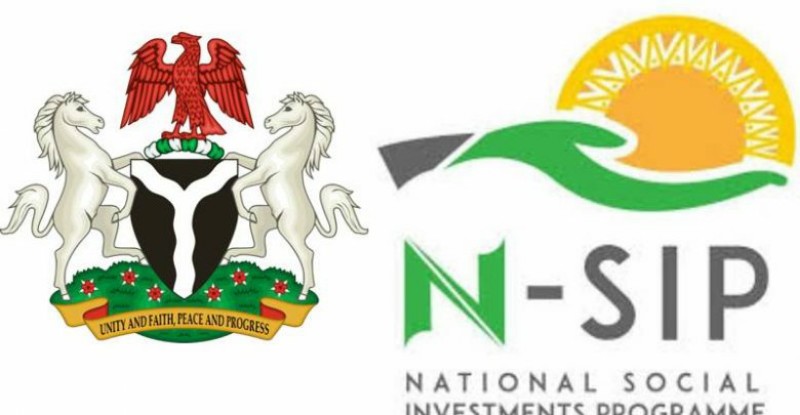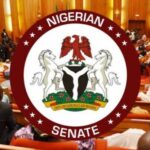A bill for the establishment of the Social Investment Trust Fund to sustain the federal government’s Social Investment Programmes (SIPs) and other interventions has passed second reading with a proposed channelling of 15 percent of Value Added Tax (VAT) to finance the Fund.
The Bill was sponsored by the Speaker, Femi Gbajabiamila, the Deputy Speaker, Ahmed Idris, Mansur Manu Soro and nine others.
It was to provide for an Act to provide a legal framework for establishment of NSIPs for the assistance and empowerment of the poor and vulnerable in Nigeria.
Presenting the synopsis during plenary on Tuesday, Rep. Mansur Manu Soro said, the Bill in section 14 (a) proposed for the direct deduction of 15% aggregate of the VAT collected monthly for the purpose of funding the programmes which include the N-Power, Conditional Cash Transfer, Home-Grown School Feeding Market Moni, Trader-Moni and others.
“These programmes are basically aimed at reducing unbearable social conditions and economic discomfort largely induced by unemployment, especially among youths with resultant poverty.
“In spite of their significance as sources of empowerment and human capital development, there seems to be a non-existing institutional framework established by law to co-ordinate the activities of the various programmes,” he said.
Meanwhile, the House has urged the Nigerian National Petroleum Corporation (NNPC) to review the status of the 38 Modular refineries licences.
This followed a motion moved by Rep. Alex Egbona during the plenary. The House said only two have been reported to be at advanced stages of completion preparatory for commencement of production.
“The inability of the modular refineries to commence operations has continually forced the Federal Government to import petroleum products and sell to consumers at subsidized rates,” Egbona said as the Committees on Petroleum Resources (Upstream and Downstream) were mandated to implement it.

 Join Daily Trust WhatsApp Community For Quick Access To News and Happenings Around You.
Join Daily Trust WhatsApp Community For Quick Access To News and Happenings Around You.


